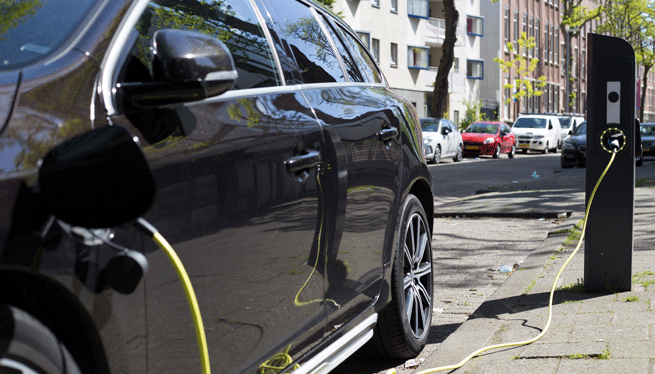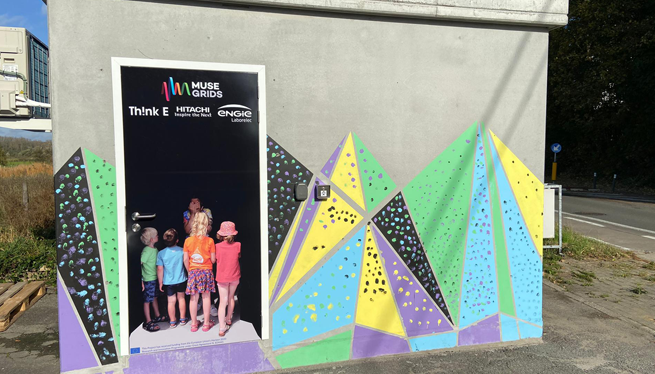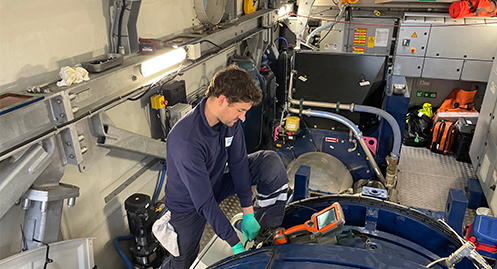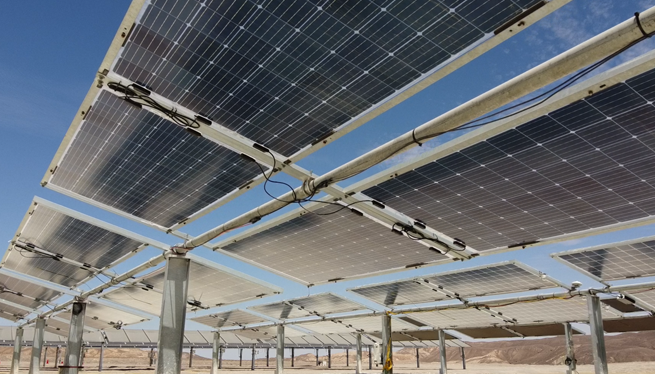Are our cities and infrastructure ready for it?
Public charging in Europe
Electric cars are expected to achieve 14% market share in Europe in 2022, with 11% reached in 2021. Research organizations anticipate 50 to 70% market share by 2030, while the European Parliament is positioning itself for 100% non-emitting cars by 2035. If everything goes to plan — and, so far, most historical projections about electric vehicles have proved too conservative — charging infrastructure will need to be deployed at an increasingly intense tempo.

This applies to every segment: residential, business, and in the public domain 1 (NL) 2 (FR) 3, including at highway service areas 4.
In this article, we suggest how public charging can be implemented in a way that lessens the imbalances that lead to price volatility and, in the end, mitigate the high tariffs for vehicle charging that would otherwise be needed to cover this volatility.
At scale, and when energy price volatility is high, it is less effective to rely on the simple smart charging solution which comes as part of a charging point operation package since such solutions may not always be scalable or robust.
This is also why charging point operation and smart charging energy management are considered to carry complementary but different types of expertise in international standards, such as IEC63110.
With the sharp rise in electric vehicle numbers and extreme electricity price volatility, smart charging becomes a must-have in an expanding number of use cases. Large-scale smart charging deployment is an opportunity to take greater control of both energy profiles and prices, but it must be implemented as part of a robust and fully proven solution demonstrated to operate at scale by energy management experts.
This is only possible if the smart charging service is large-scale-ready, which may seem obvious, but is not. In computational terms, implementing smart charging on 1000 charging points is not the same as implementing it 10 times on 100 charging points.
At scale, and when energy price volatility is high, it is less effective to rely on the simple smart charging solution which comes as part of a charging point operation package since such solutions may not always be scalable or robust.
This is also why charging point operation and smart charging energy management are considered to carry complementary but different types of expertise in international standards, such as IEC63110.
With the sharp rise in electric vehicle numbers and extreme electricity price volatility, smart charging becomes a must-have in an expanding number of use cases. Large-scale smart charging deployment is an opportunity to take greater control of both energy profiles and prices, but it must be implemented as part of a robust and fully proven solution demonstrated to operate at scale by energy management experts.
The Rotterdam contract

Following a successful tender by EQUANS, some 10,000 public charging points are being installed in the streets of Rotterdam, connected to SMATCH, the smart charging solution developed by ENGIE Laborelec. Where there is an imbalance between electricity production and consumption due to a lack of wind or sun, for example, or too much electricity consumption in the grid, SMATCH is able to lower EV consumption at the charging point, immediately and safely. This reduces the imbalance, thereby increasing imbalance profits or avoiding significant potential costs imposed on the balance responsible party, in this case ENGIE Energie NL.
Based on initial observations of these 10,000 charging points, SMATCH will be able to reduce EV consumption by as much as 10MW, which is equivalent to the combined output of three on-shore wind turbines, and all with no tangible impact for drivers whose batteries will still be fully charged by the end of the session.
Full scale deployment of SMATCH is ongoing by ENGIE, as is the charging infrastructure deployment process led by EQUANS.
- ENGIE zal samen met TotalEnergies zorgen voor de installatie van 5000 #laadpalen of 10 000 #laadpunten in Vlaanderen.
- ENGIE et TotalEnergies ont remporté l’appel d’offre pour l’installation de 5.000 bornes de #recharge, soit 10.000 points de #recharge en Flandre.
- De concessie laadinfrastructuur kan van start gaan – Lydia Peeters
- 84 bornes de recharge ultra-rapide sur les aires d’autoroutes SANEF
- Rotterdam Project – Smart Charging for electric vehicles | ENGIE Global Energy Management









